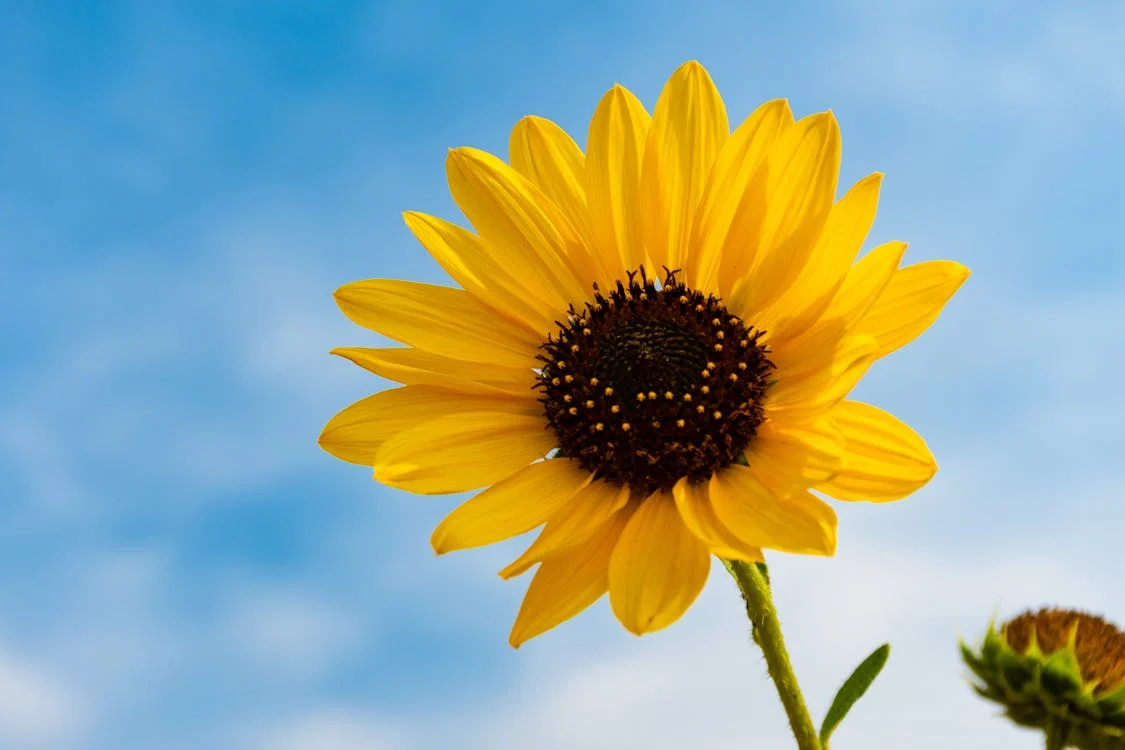Sunflowers, with their vibrant blooms and towering stalks, are a beloved addition to gardens and landscapes around the world. These stunning flowers are known for their resilience and adaptability, but like all living organisms, they require water to thrive. In this article, we delve into the question: How long do sunflowers last without water?
Understanding Sunflower Physiology
Before delving into the specifics of sunflower water requirements, it’s crucial to understand the basic physiology of these iconic plants. Sunflowers (Helianthus annuus) are annual plants native to North America but are now cultivated globally for their seeds, oil, and ornamental value.
Sunflowers have a deep taproot system that allows them to access water and nutrients from deep within the soil. This adaptation helps them withstand periods of drought, making them relatively resilient compared to other flowering plants.
The Importance of Water for Sunflowers
Water is essential for all aspects of sunflower growth and development. Like most plants, sunflowers rely on water to perform vital physiological functions, including photosynthesis, nutrient uptake, and cell expansion. Without an adequate water supply, sunflowers can experience stunted growth, wilting, and even death.
Factors Influencing Sunflower Water Requirements
Several factors influence how long sunflowers can survive without water:
1. Stage of Growth: Young sunflowers, especially those in the germination and seedling stages, are more sensitive to water stress than mature plants. Established sunflowers with well-developed root systems can tolerate short periods of drought better than younger plants.
2. Environmental Conditions: Temperature, humidity, and sunlight intensity all play a role in sunflower water requirements. Hot, dry conditions increase transpiration rates, leading to greater water loss from the plant. Conversely, cooler temperatures and higher humidity levels reduce water stress on sunflowers.
3. Soil Type and Moisture Content: Sunflowers grow best in well-drained soil with good water-holding capacity. Sandy soils drain quickly and may require more frequent irrigation, while clay soils retain moisture for longer periods but can become waterlogged if not properly aerated.
4. Water Availability: The frequency and amount of rainfall or irrigation directly impact sunflower water availability. In regions with erratic rainfall patterns or limited access to irrigation water, sunflowers may experience periods of water stress.
How Long Can Sunflowers Last Without Water?
The ability of sunflowers to survive without water varies depending on the factors mentioned above. In general, established sunflowers can survive short periods of drought, typically ranging from 3 to 7 days, without significant damage if they have access to moisture-retentive soil and moderate environmental conditions.
During periods of prolonged drought, sunflowers may exhibit signs of water stress, including wilting, drooping leaves, and reduced growth. If drought conditions persist, sunflowers may enter a state of dormancy, conserving energy until water becomes available again.
Strategies to Minimize Water Stress in Sunflowers
To ensure the health and vitality of sunflowers, consider implementing the following strategies to minimize water stress:
1. Mulching: Apply a layer of organic mulch, such as straw or wood chips, around the base of sunflowers to help retain soil moisture and regulate soil temperature.
2. Watering Practices: Water sunflowers deeply and infrequently, ensuring that the soil is thoroughly moistened to encourage deep root growth. Avoid frequent, shallow watering, which can promote shallow root systems and increase water loss through evaporation.
3. Drought-Tolerant Varieties: Choose sunflower varieties bred for drought tolerance, which are better adapted to withstand periods of water scarcity.
4. Soil Amendments: Incorporate organic matter, such as compost or aged manure, into the soil to improve its water-holding capacity and nutrient content.
5. Shade and Wind Protection: Plant sunflowers in locations where they receive adequate shade during the hottest part of the day and are sheltered from strong winds, which can accelerate water loss through transpiration.
Conclusion
While sunflowers are renowned for their resilience, they still require adequate water to thrive and reach their full potential. Understanding the factors influencing sunflower water requirements and implementing appropriate management practices can help minimize water stress and ensure the health and longevity of these iconic flowers in your garden or landscape. By providing consistent moisture and optimizing growing conditions, you can enjoy the beauty of sunflowers for weeks to come, knowing that you’ve supported their growth with proper care and attention.


